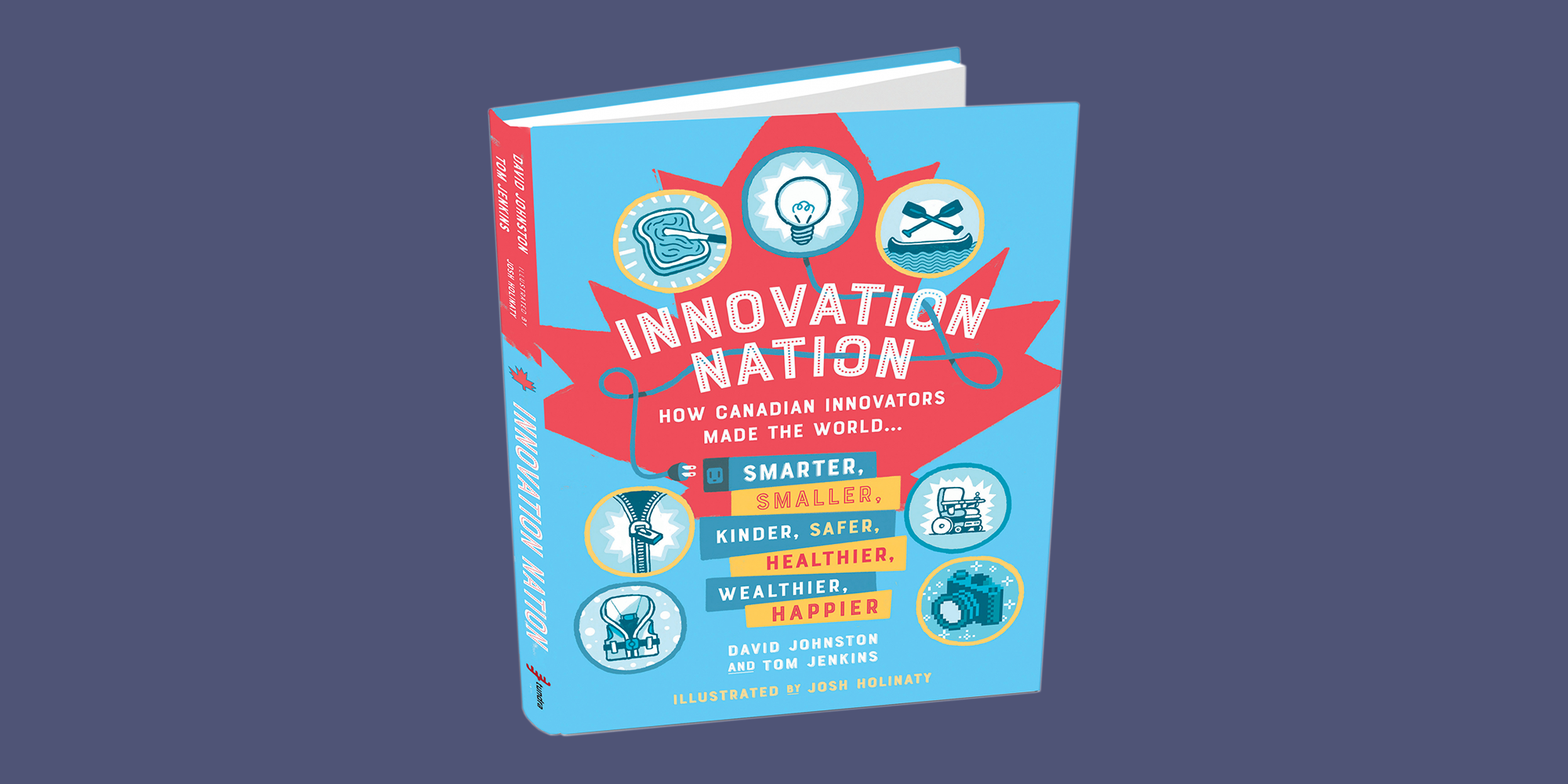Visualize a kiosk in the lobby of an unlocked library at evening. You stroll in, swipe your library card, and the kiosk spits out a laptop computer. Off you go, with a computer system you’ve got just checked out from the library devoid of any conversation with your nearby librarian. In point, a librarian may well not have even been on web page.
This form of unattended library innovation was one particular of the fairly new systems on display at the 2022 American Library Association (ALA) Annual Conference and Exhibition, which took put about the weekend prior to concluding this week in Washington, D.C. And it may possibly give a glimpse into in which library technological innovation is frequently headed, with tech enabling unattended library expert services, a lot more efficient choice-generating at libraries and far better electronic literacy function with the neighborhood.
Although the technological know-how for items like unattended notebook rental kiosks has existed for many years, what’s new is the outbreak of the COVID-19 pandemic led to more libraries embracing this kind of engineering. In fact, one particular speaker in a panel about the long term of library technological innovation said just that.
Susan Pastore, senior vice president of North American income for library engineering company Bibliotheca, stated that right before the pandemic, these kind of unattended providers would have “turned a whole lot of library directors environmentally friendly.”
Now, the market is setting up to develop far more products with technological know-how comparable to unattended lockers becoming employed by private-sector retail giants like Amazon and Home Depot.
A further panel at the event centered around the Library of Points, which looked at a huge array of technologies that have been the matter of work at the iSchool Library Know-how Study Lab (LTRL) at San Jose Point out College in California. That panel centered on 4 key varieties of technologies shaping the future of the library tech market: robots, drones, augmented studying and virtual actuality.
Artificial intelligence is also very likely to engage in an outsized role in the upcoming of the way libraries use technology, and it as well was the subject of a panel at the party. This means making use of synthetic intelligence in the company of facts-driven decision-building about what products to stock in collections, as properly as broader use of device studying to make scholarly and reference products offered in digital structure.
The other key tech difficulty heart stage at the celebration was the purpose of the library on the front line of electronic inclusion work in the United States, which has also soared just after the pandemic. In fact, the opening session of the conference was a conversation among Federal Communications Commission (FCC) Chairwoman Jessica Rosenworcel and ALA President Patricia Wong.
It was a fitting mixture of speakers, in that libraries have prolonged been the general public sector’s front line for digital fairness do the job in the United States, delivering communities with free of charge access to products, the World-wide-web and digital literacy lessons. The FCC, meanwhile, has been just one of the leaders at the federal level of electronic equity and broadband function, ever more so in latest several years following the pandemic bumped digital inclusion in close proximity to the major of many governmental priority lists. The commission even had a table on the exhibition flooring passing out information about the federal Reasonably priced Connectivity System to attending librarians.
In the course of the discussion, the speakers announced that the FCC and the Institute of Museum and Library Expert services had signed a memorandum of knowledge to assistance near the digital divide. This was, fundamentally, the federal govt formally recognizing how essential libraries are in these rising attempts.
Also in her conversation with Wong, Rosenworcel struck an optimistic tone for community assistance, electronic equity and the role of librarians in supporting to condition the country’s tech-laden future, expressing, “We have challenges to resolve, and we owe it to ourselves and the subsequent technology to have the optimism to remedy them.”







